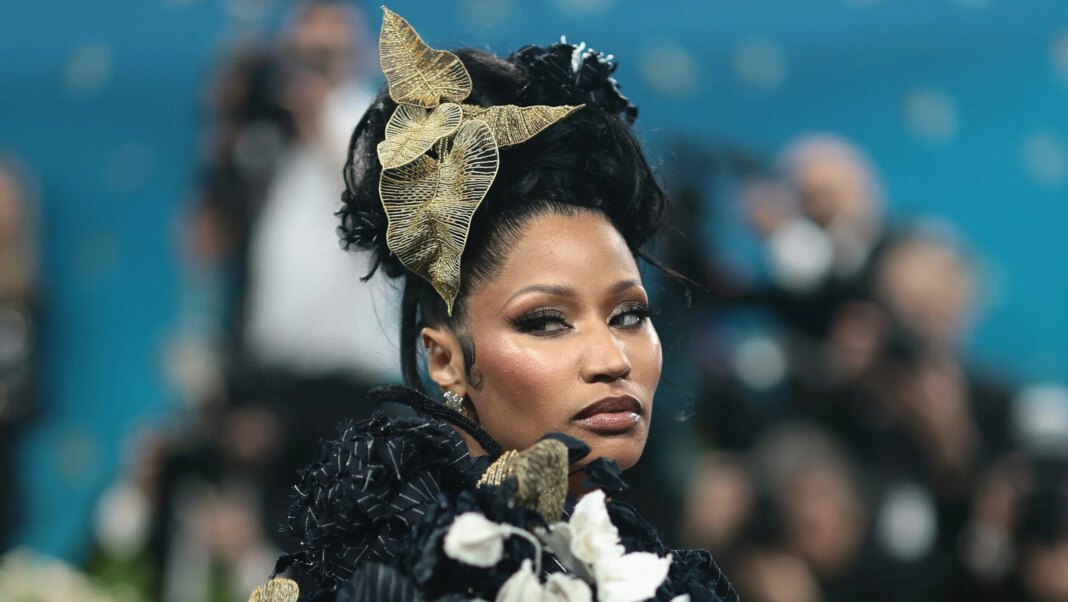In a surprising twist that has captured the attention of both fans and critics, Nicki Minaj is set to appear alongside U.S. Ambassador to the UN, Michael Waltz, to address the issue of the alleged persecution of Christians in Nigeria. This collaboration, highlighted by Time correspondent Eric Coretellesa, has sparked conversations around celebrity activism and the influences of pop culture on serious global issues.
Scheduled for November 16, the event promises to be a significant forum where the two will deliver remarks on the ongoing crisis faced by Christians in Nigeria—a situation that has been mentioned frequently but often shrouded in misinformation. Coretellesa’s tweet announcing the event noted that this unique partnership was facilitated by Trump advisor Alex Bruesewitz, who will also take the stage. This unusual collaboration emphasizes the intersection of politics, religion, and entertainment.
Ambassador Waltz has been vocal in his admiration for Minaj, referring to her as “arguably the greatest female recording artist” and praising her courage to speak out on injustice. He tweeted, “I’m grateful she’s leveraging her massive platform to spotlight the atrocities against Christians in Nigeria,” positioning Minaj not just as an artist but as a principled advocate on a pressing humanitarian issue.
The rapper herself expressed heartfelt gratitude for the opportunity to participate in this significant dialogue. “Ambassador, I am so grateful to be entrusted with an opportunity of this magnitude,” she said. Minaj emphasized her commitment alongside her fanbase, The Barbz, to never back down when faced with injustice, recognizing the responsibility that comes with her influence. “We’ve been given our influence by God. There must be a bigger purpose,” she remarked, underscoring her belief in the importance of addressing these critical issues.
This advocacy comes in the wake of her recent social media posts expressing gratitude towards former President Donald Trump for addressing the persecution of Nigerian Christians. Minaj highlighted the privilege of being able to worship freely in the United States, reflecting on the dangerous climate of persecution elsewhere. In her post, she stated, “No group should ever be persecuted for practicing their religion,” emphasizing a universal need for respect and understanding among differing beliefs.
The rapper’s statements have not gone unnoticed by the Trump Administration, as both Ambassador Waltz and Trump himself extended invitations for her to visit the White House. This engagement further solidifies her role in political discussions and showcases how cultural figures can influence governmental perspectives on international crises.
Minaj’s involvement in this dialogue reflects a broader trend where celebrities increasingly engage in humanitarian and political efforts, using their platforms to shine a light on critical issues. As public figures like her become intertwined with advocacy efforts, the event scheduled for November will certainly mark a pivotal moment in the ongoing discourse surrounding the persecution of Christians in Nigeria, seen through the lens of contemporary culture.



